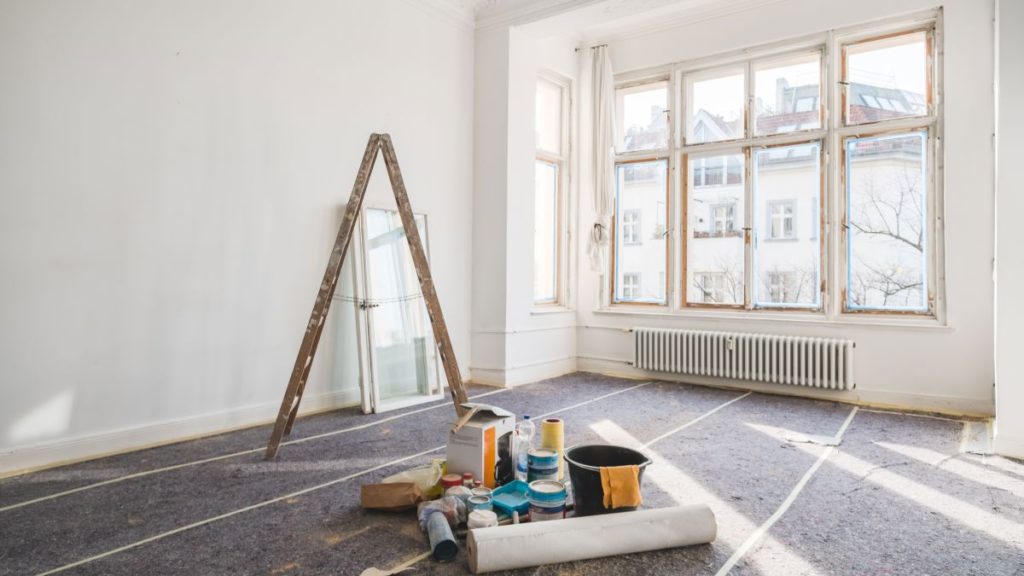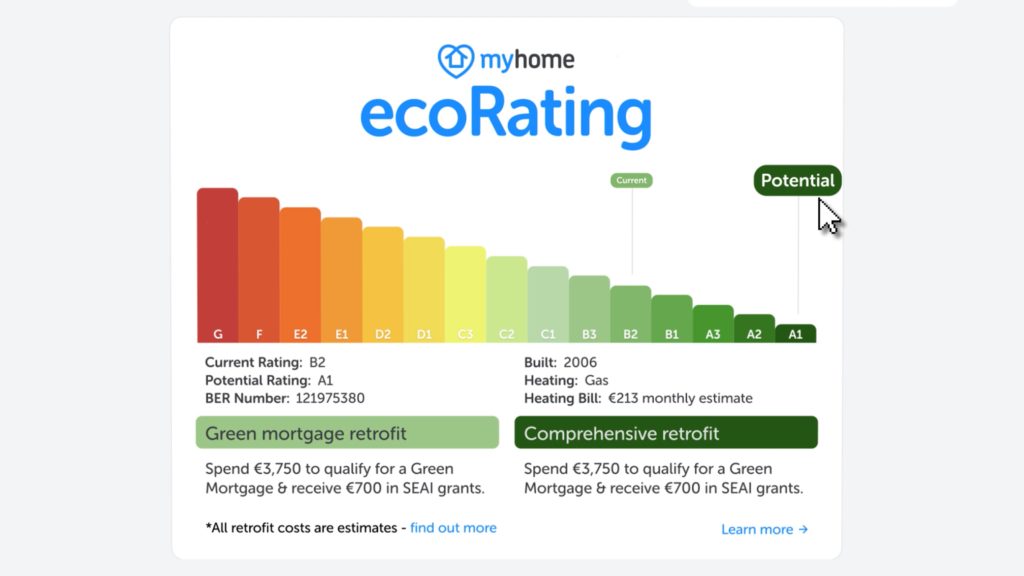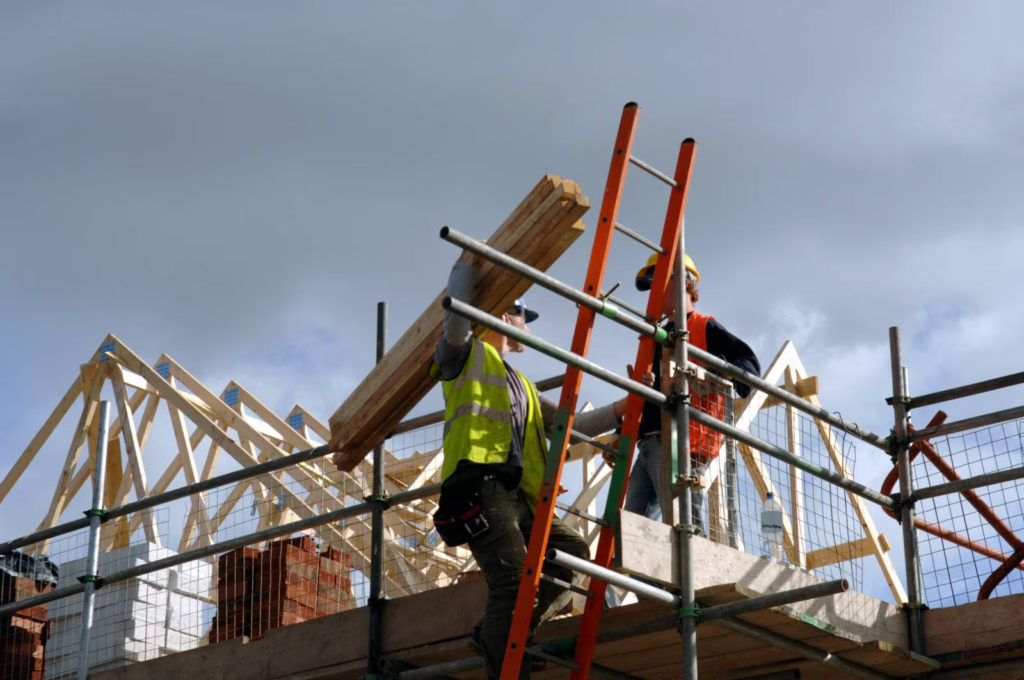A new study has found that it quite often does not make economic sense to renovate vacant properties to live in despite a government grant scheme in place to encourage people to do so.
The study by the Society of Chartered Surveyors Ireland (SCSI) looked at 20 different case studies from around Ireland and found just a quarter were financially viable without the application of any grants.
When grants available through the Croí na Conaithe scheme and Sustainable Energy Authority of Ireland were factored in, just one more property became viable.
The SCSI’s ‘Real Costs of Renovation’ analysis found that when the maximum €50,000 Croí na Conaithe grant for refurbishing derelict vacant properties was doubled to €100,000, a further three more properties became viable.
Two others were within €5,000 of the threshold required to become viable, deemed to be the point where the original purchase and renovation costs are equivalent to the current market value of the refurbished property.
According to the SCSI, financial viability is a key requirement for homeowners or investors who are seeking a mortgage from a lender to pay for the renovation of a property.
"It's clear current incentives and supports in place are not at a satisfactory level to make a meaningful difference to the current levels of vacant stock," said Chartered Planning and Development Surveyor, Lisa Rocca, who co-authored the report.
"We have 13 residential type properties among our case studies and in a scenario where the Croí Cónaithe grant is increased to €100,000, the number which becomes viable doubles to eight, while two more are on the cusp of becoming viable, so it’s clear increasing the grants would have a major impact with regard to financial viability."
The other seven properties included in the study were investor type.
The research found that the factors of location, size and condition were the critical ones that determined if a property was likely to be financially viable.
Across the 20 cases analysed, the cost of carrying out the refurbishment ranged from €161,000 to €605,000.
Hard costs, which include anything that are physically part of the new structure, were found to make up 87% of the total cost.
Soft costs, including architect, engineering and surveyor fees, comprise the balance.
The study also includes the findings of a survey of over 400 chartered surveyors about the issues around renovations.
It found eight out of ten believe it's harder for borrowers to access funding for a renovation project due to the potentially higher risks involved and challenges accessing fixed funding upfront for a project.
"The lending process for those taking on renovation projects needs to be improved," said Lisa Rocca.
"This could be done by lenders establishing a clear set of lending policies and guidance for prospective renovators."
"The SCSI is also recommending the establishment of a specialist-lender type initiative whereby funds are directed through lending partner agencies at preferential rates to support renovation projects."
41% of the survey respondents said they would like to see increased financial supports for those renovating.
Some 1,250 applications have been made to the Government’s vacant home revamp grant scheme across the country in the nine months since it began.
The scheme was launched in July for properties in towns and villages, and expanded in November to cities and other rural areas.





